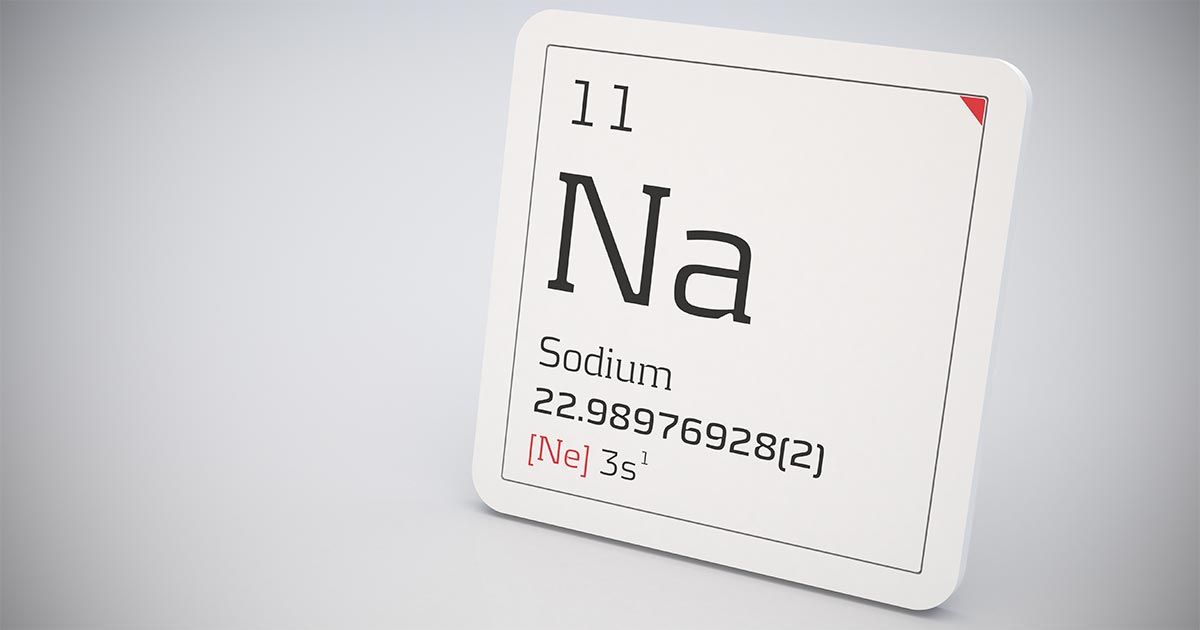Tag: Anorexia
-

Ionised hypocalcaemia, pt 3: acute treatment and management
—
by
Treatment of ionised hypocalcaemia (iHCa) is reserved for patients with supportive clinical signs, then divided into acute and chronic management. Since the most common cases of clinical hypocalcaemia in canine and feline patients are acute to peracute cases, this blog will focus on the acute treatment and management of hypocalcaemia. Clinical signs The severity of…
-

Hyponatraemia, pt 1: clinical signs
—
by
Hyponatraemia is a relatively common electrolyte disturbance encountered in critically ill patients, and the most common sodium disturbance of small animals. In most cases, this is caused by an increased retention of free water, as opposed to the loss of sodium in excess of water. Low serum sodium concentration Hyponatraemia is defined as serum concentration…
-

Breaking away from a vet’s diet of fast food
—
by
A while ago, I wrote about anorexia in vets… the stripped down, bare meaning being the clinical sign of “not eating”. As a student, I witnessed vets on placements routinely forgoing lunch or existing on a diet consisting entirely of Pot Noodles or fast food – one vet I shadowed had either a McDonalds or…
-

Eating disorders and the veterinary profession
—
by
The general public associates the word “anorexia” with the eating disorder characterised by refusing to eat to lose weight, which, in human medicine, has the more specific name of “anorexia nervosa”. As vets, we use the word the term “anorexic” in the slightly different sense of being a clinical sign our patients exhibit – defined…